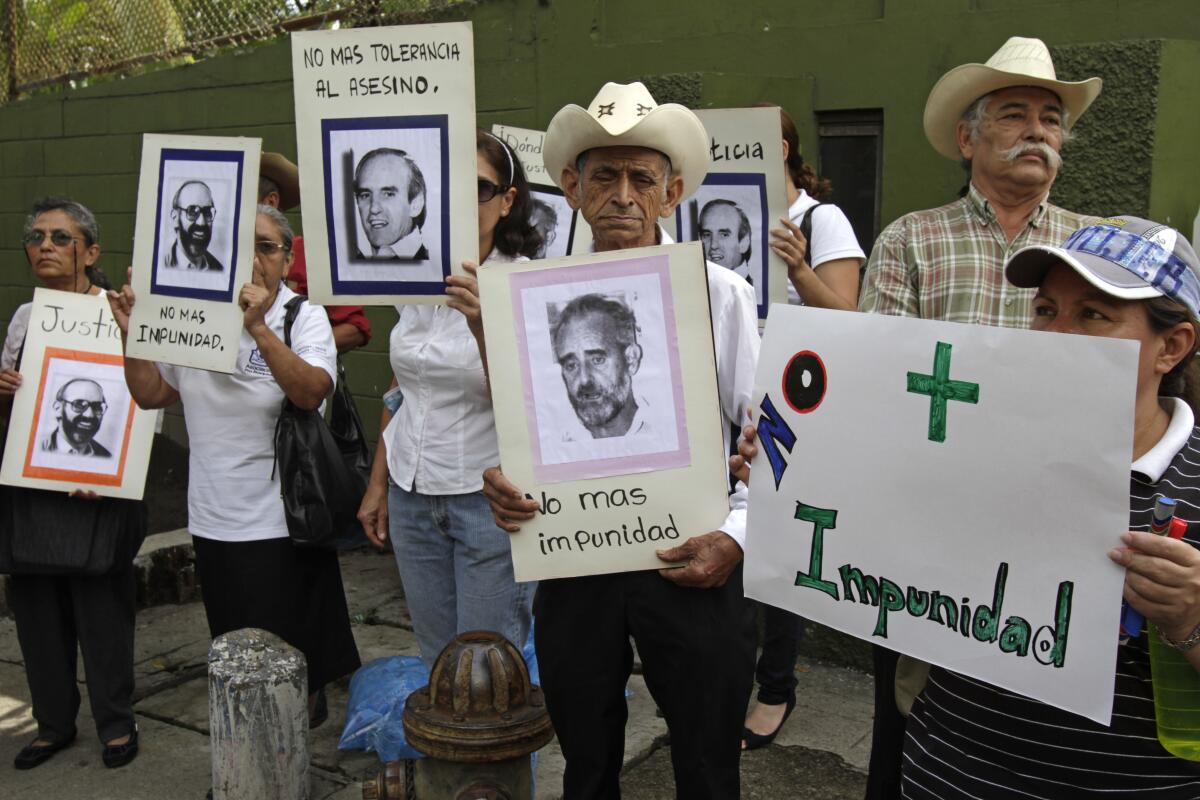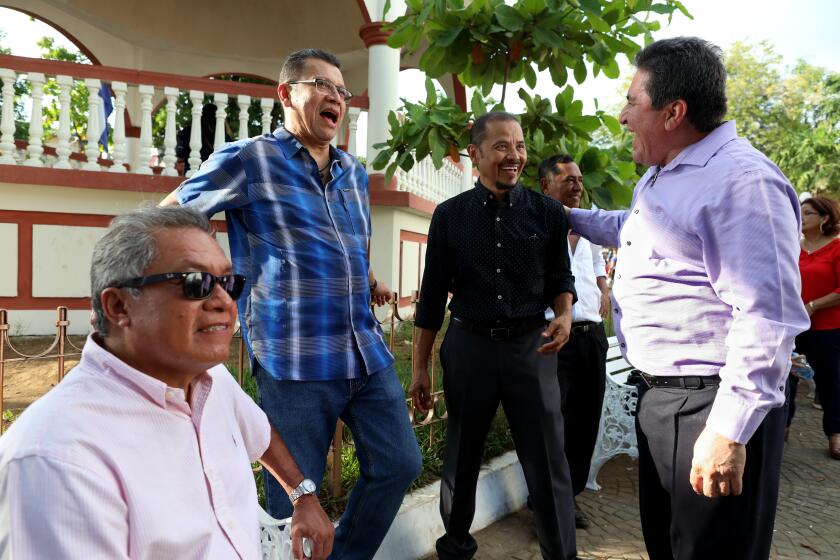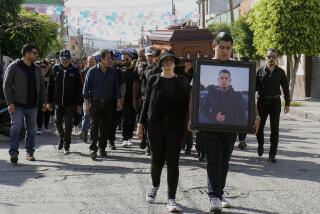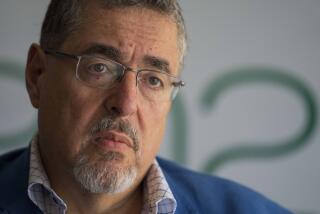Salvadoran court reopens inquiry into 1989 killing of six Jesuit priests

- Share via
SAN SALVADOR — El Salvador’s Supreme Court this week ordered the reopening of an investigation into the 1989 massacre of six Jesuit priests that sparked international outrage.
Attempts within El Salvador to investigate and prosecute the masterminds of the killings during the country’s civil war have been deflected by legal maneuvers since the high court in 2016 declared the 1993 amnesty established after the war to be unconstitutional.
A lower court had ruled that an investigation could go ahead into the alleged involvement of a group of military officers and former President Alfredo Cristiani in the killings. But the investigation was put on hold when the officers appealed the case to the Supreme Court in 2019.
Atty. Gen. Rodolfo Delgado had pushed to reopen the case and welcomed Wednesday’s ruling.
“The case will be reopened,” Delgado wrote on his Twitter account. “We are going to go after those responsible, to bring justice for these vile killings.”
On Nov. 16, 1989, an elite commando unit killed the six priests — five Spaniards and one Salvadoran — along with their housekeeper and the housekeeper’s daughter in the priests’ residence. The killers tried to make the massacre appear as though it had been carried out by leftist guerillas.
They spun around the dance floor, as lighthearted and energetic as teenagers.
Nine members of the military were initially put on trial, but a court absolved seven of them. Two officers served short sentences but were released in 1993 under the amnesty. After the Supreme Court found the amnesty unconstitutional, a judge ordered one of those officers, Col. Guillermo Alfredo Benavides Moreno, back to prison, where he remains.
While the case stalled at home, a Spanish court in 2020 sentenced former Salvadoran Col. Inocente Orlando Montano to 133 years for the priests’ killings. The court called the massacre “state terrorism” carried out by powerful interests, including Cristiani, aimed at “holding on to their positions of privilege within the power structures.”
The former president has denied any involvement or knowledge of the plan to kill the priests. Attempts to reach him for comment after Wednesday’s ruling were not successful.
More to Read
Sign up for Essential California
The most important California stories and recommendations in your inbox every morning.
You may occasionally receive promotional content from the Los Angeles Times.











